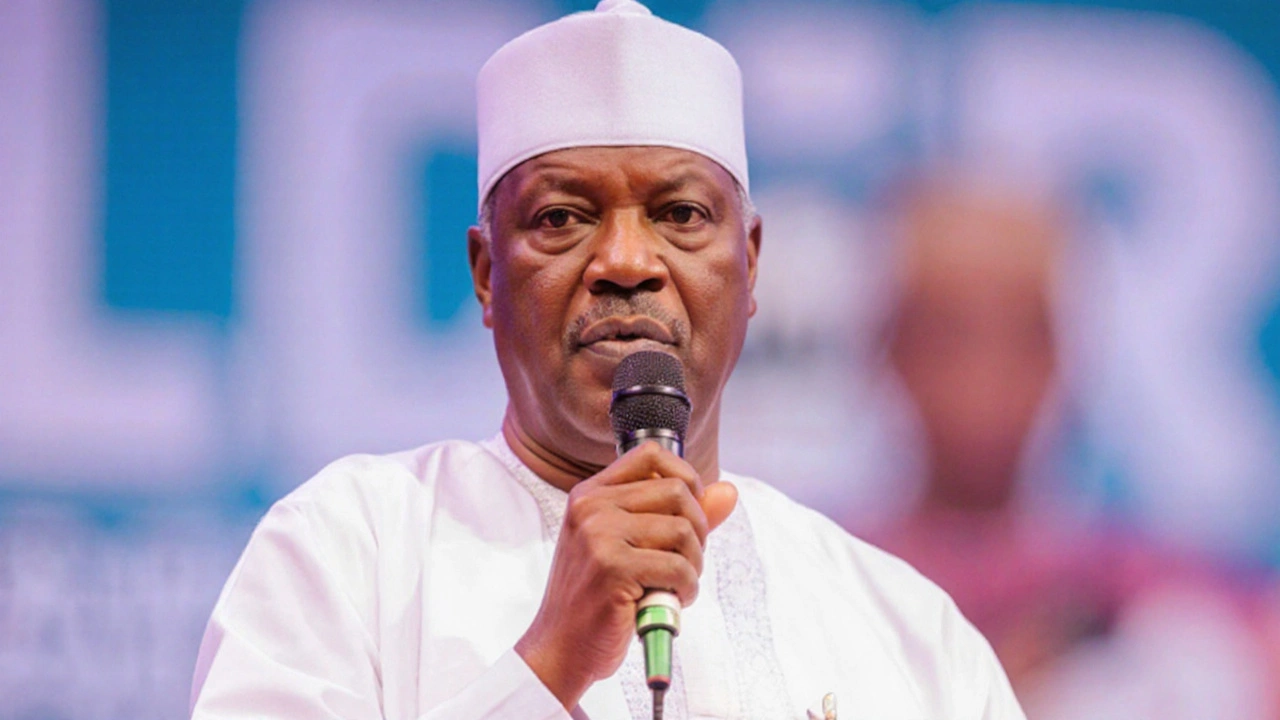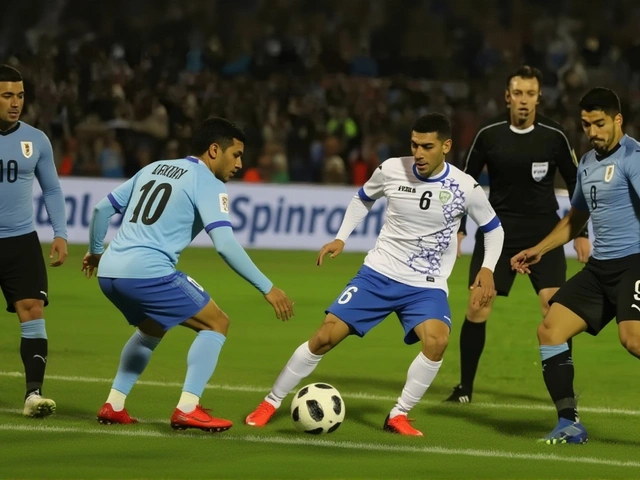2027 Nigerian elections
When talking about 2027 Nigerian elections, a nationwide vote set for 2027 that will choose the president, governors and members of the National Assembly in Nigeria. Also known as Nigeria 2027 polls, this event will shape the country's direction for the next five years. The Independent National Electoral Commission (INEC), the agency responsible for organizing and supervising all elections in Nigeria will oversee the process, while the two biggest parties—the All Progressives Congress (APC), the current ruling party at the federal level and the People's Democratic Party (PDP), the main opposition force with strong regional support—will battle for every seat. 2027 Nigerian elections are more than a date on the calendar; they’re a test of how well the country can manage democracy, development and diversity.
The elections encompass three major sub‑topics. First, the presidential race decides who will sit in the most powerful seat in Abuja. Second, each of the 36 states will elect governors who control local budgets and policies. Third, the National Assembly – both the Senate and the House of Representatives – will be refreshed, affecting law‑making power. This triple structure means voters need to understand separate candidate lists, campaign promises and regional issues. It also means parties must coordinate strategies across multiple levels, a challenge that often influences how they allocate resources.
Key issues shaping the 2027 vote
One critical factor is voter registration. INEC plans to use biometric smart cards and mobile verification units to cut down on duplicate entries. The success of this electoral technology, digital tools like electronic voter identity verification and result transmission will affect public confidence. Another hot topic is youth participation. Over 60% of Nigeria’s population is under 35, and many first‑time voters are watching social media for campaign updates. Parties that harness TikTok, Instagram and local influencers stand a better chance of mobilizing this demographic.
Security concerns also play a big role. In previous cycles, election day violence in certain northern states threatened turnout. The government has pledged more joint‑forces patrols and community policing to keep polling stations safe. Meanwhile, economic performance will be a bargaining chip. Inflation, unemployment and infrastructure projects are already being debated in rallies across Lagos, Abuja and Port Harcourt. Candidates who can link concrete policy ideas to everyday life—like cheaper power or better road maintenance—are likely to win over skeptical voters.
Finally, election forecasting and opinion polling are shaping campaign tactics. International observers and local think tanks release weekly trend analyses, which parties use to tweak messaging. Accurate forecasts can also attract foreign investors who watch political stability as a sign of market confidence. All these elements—technology, youth, security, economy and data—intersect to create a complex landscape that the 2027 Nigerian elections must navigate.
Below you’ll find a curated list of articles that dive deeper into each of these angles, from INEC’s latest reforms to party manifestos, regional power shifts and what the results could mean for Nigeria’s future. Let’s get into the details and see how the pieces fit together.
Atiku pushes for direct election of INEC chair ahead of 2027 vote
By Sfiso Masuku On 26 Sep, 2025 Comments (13)

Former Vice President Atiku Abubakar is urging Nigerians to choose the next INEC chairman and resident electoral commissioners through a direct vote. With Prof. Mahmood Yakubu set to finish a ten‑year term in 2025, Atiku says a democratically selected electoral body is key to credible 2027 polls. He repeats attacks on President Tinubu’s government and confirms his 2027 presidential bid under an ADC‑led opposition coalition.
View More




